The “Consolidated Appropriations Act, 2023,” a $1.7 trillion omnibus spending bill that included the highly anticipated SECURE Act 2.0, was signed into law on December 29, 2022. Also known as the “Securing a Strong Retirement Act,” SECURE Act 2.0 builds upon the 2019 SECURE Act, a summary of which can be found here. SECURE Act 2.0 includes numerous provisions affecting qualified retirement plan administration as well as how individuals save for retirement, highlighted here.
The Act offers incentives and expands options for employers to improve their retirement plans. While not a comprehensive list, the following provisions focus on those with the widest effect. Administrators should consult with legal and financial professionals to implement and take advantage of the relevant provisions.
KEY PROVISIONS
- Employer Contributions Eligible for Roth Treatment: Effective in 2023, employers can “match” to their employees’ Roth accounts. These matches will be included as income to the employee and are automatically vested
- Creation of New “Emergency Savings Accounts”: Effective in 2024, a new “Emergency Savings Account” will be an optional feature available to an existing employer plan. To participate, an employee can’t be a “highly compensated employee.” Contributions must stop when the account balance reaches $2,500 attributable to contributions, but employers can enact lower maximums. Distributions are tax and penalty-free and contributions may be eligible for an employer match to the employee’s retirement account.
- Auto Enrollment: Effective in 2025, new employer-sponsored retirement plans will be required to have auto-enrollment starting at 3% unless specifically exempted (businesses less than three years old, churches, governments, SIMPLE Plans, employers with 10 or fewer employees, etc.).
- Mandatory Participants in a 401(k) Plan: Effective in 2025, the 2019 SECURE Act is expanded by allowing more part-time employees to have access to their employer’s 401(k) plan. Under the new rules, individuals with 500+ hours for two consecutive years since 2023 will be mandatory participants.
- Employer Match – Student Debt: Effective in 2024, employers can “match” employee student loan payments to a retirement account. The vesting and matching schedule must be treated as if the employees’ loan payments were salary deferrals. This allows employees with student loans to receive an employer match even if they can’t afford their own contribution to their retirement plan.
- Retroactive First Year Solo-401(k) Deferrals: Solo 401(k) plans that take effect in 2023 and beyond can be funded with retroactive deferrals for the previous tax year, until the individual’s tax return is due (not extension!) in the plan’s first year.
- Retirement Plan Startup Costs Tax Credit: Effective in 2023, the Retirement Plan Startup Costs Tax Credit will be increased from 50% to 100% of administrative costs for employers with no more than 50 employees. An additional credit up to $1,000 per employee is allowed for eligible employer contributions to their defined contribution plan in the first four years.
- Creation of “Starter 401(k)”: Effective in 2024, a new “Starter 401(k)” plan will be available, intended for small businesses that do not currently have retirement plans. Employees are auto enrolled unless they opt out. Only employee deferrals are allowed – no employer match is permitted. Deferrals are limited to the IRA contribution limit ($6,500 in 2023 as opposed to the standard 401k deferral limit of $22,500 (plus catch-up amounts)).
Verum Partners does not provide tax or legal advice. Consult your tax adviser or attorney before implementing any strategy.
The information provided is for educational and informational purposes only and does not constitute investment advice and it should not be relied on as such. It should not be considered a solicitation to buy or an offer to sell a security. It does not take into account any investor’s particular investment objectives, strategies, tax status or investment horizon. You should consult your attorney or tax advisor. The views expressed in this commentary are subject to change based on market and other conditions. These documents may contain certain statements that may be deemed forward looking statements. Please note that any such statements are not guarantees of any future performance and actual results or developments may differ materially from those projected. Any projections, market outlooks, or estimates are based upon certain assumptions and should not be construed as indicative of actual events that will occur. For additional information, please visit: https://verumpartnership.com/disclosures/
Be the First to Know
Sign up for our newsletter to receive a curated round-up of financial news, thoughtful perspectives, and updates.
"*" indicates required fields
